The Writing section measures your ability to use writing to communicate in an academic environment. There are two writing questions.
Question 1 is a writing task based on reading and listening. You will read a passage, listen to a lecture, and then write a response to a question about the relationship between the lecture and the reading. You have 20 minutes to plan and write your response.
Question 2 is writing based on knowledge and experience. You will write an essay in response to a question that asks you to state, explain, and support an opinion on an issue. You have 30 minutes to plan and write your essay.
1.
QUESTION 1 For this task, you will write a response to a question about a reading passage and a lecture. You may take notes, and you may use your notes to help you write your response. Your response will be scored on the quality of your writing and on how well you connect the points in the lecture with points in the reading. Typically, an effective response will have 150 to 225 words.
The goal of education is to prepare children for adulthood by providing them with skills that are necessary for career and life success. When school administrators are forced to make choices about which programs to finance and which to cut, basic academic subjects and sports must take priority over nonessential subjects such as the arts.
Schools must focus on basic skills that will prepare students for their future careers. A child's skills in reading, writing, and computing are more important than the ability to draw or play music. Although some parents argue that the arts should be part of the curriculum, creativity is not as important as basic literacy. Schools should devote their resources to serious subjects and thinking skills rather than hobbies and entertainment.
Schools must teach the essential skill of problem-solving, which is best addressed in the context of mathematics and science. The jobs of the twenty-first century require hard skills in logical reasoning. The ability to identify, analyze, and solve problems is necessary in business, engineering, medicine, and all of the sciences. Schools must focus on the programs that challenge students to answer questions about the real world. The arts do not build the hard skills that most careers require, so the arts are less important in the curriculum.
Finally, schools must prepare children for the workplace by teaching them how to collaborate with others. Collaboration is best learned in the context of team sports. Team sports play a vital role in the curriculum because they give children valuable practice in working together and sharing responsibility for outcomes. The arts do not promote teamwork because art is based on individual expression rather than collaboration.
Summarize the points made in the lecture, being sure to explain how they challenge specific points made in the reading passage.
QUESTION 2 For this task, you will write an essay in response to a question that asks you to state and support your opinion on a topic. Your essay will be scored on the quality of your writing, including how well you organize and develop your ideas and how well you use language to express your ideas. Typically, an effective essay will have a minimum of 300 words.
Read the question below and make any notes that will help you plan your response. Then begin typing your essay.
Do you agree or disagree with the following statement?
It is the responsibility of the government to provide health care to everyone living in that country. Use specific reasons and examples to support your answer.
1. Key points:
● The main idea of the lecture is that the arts are an essential part of a child's education. This challenges the idea in the reading that basic academic subjects and sports are more important than the arts.
● The lecture states that the arts promote creativity, an important skill in any field of work. This challenges the point in the reading that creativity is less important than basic literacy (the ability to read, write, and compute).
● The lecture states that the arts enhance problem-solving. This challenges the points in the reading that the arts do not build the skills that most careers require, and that problem-solving is best addressed in the context of mathematics and science.
● The lecture states that the arts promote collaboration. This challenges the points in the reading that the arts do not promote teamwork and that collaboration is best learned in the context of team sports.
2. Responses will vary.
[听力原文]
Young people learn many valuable skills from studying art, music, dance, and drama. The arts are an essential component of a child's education because the arts promote skills that are important in academic and life success.
One important skill is creativity. Creative thinking is the ability to imagine possibilities, to think "on your feet" and "outside the box." Creativity is the ability to approach tasks from different perspectives, an important skill in any field of work. If children have practice in thinking creatively, then creative thinking will come naturally to them now and in their future careers.
Another skill enhanced through the arts is problem-solving. Artistic creations are made through the solving of problems. For example, a child must answer questions like "How do I turn this clay into a sculpture?" and "How do I convey a particular emotion through dance?" and "How will my character react in this situation?" All this practice in problem solving develops skills in reasoning and understanding—skills necessary for success in any career.
Finally, the arts promote collaboration. Most of the arts—particularly the performing arts—are collaborative in nature. Children practice working together, sharing responsibility, and compromising with others to achieve a common goal. When a child has a part to play in a music ensemble or a theater production, he begins to understand that his contribution is necessary for the success of the group. Through these cooperative experiences, children gain confidence because they learn that their contributions have value. Even if they don't have the biggest role, they can share in the success of the production.
Summarize the points made in the lecture, being sure to explain how they challenge specific points made in the reading passage.
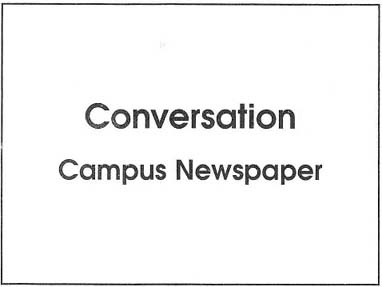
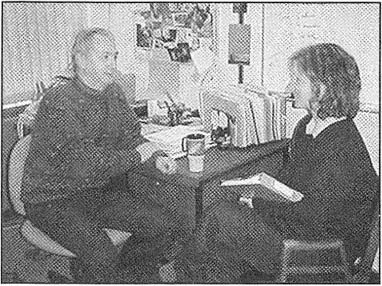

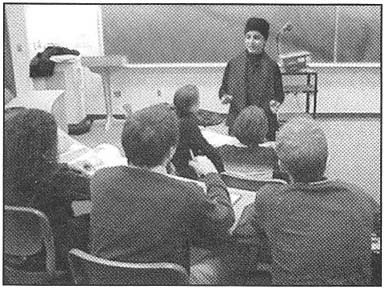
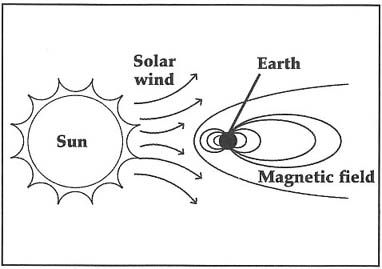
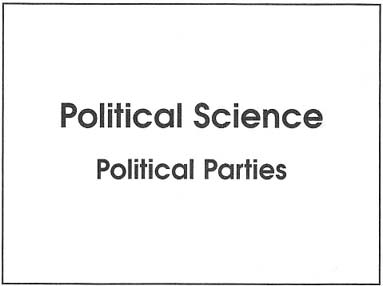
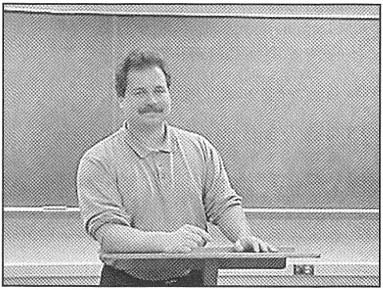

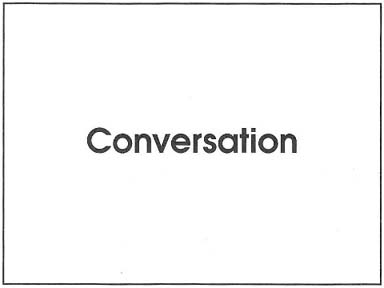
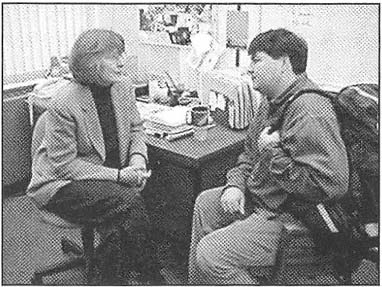
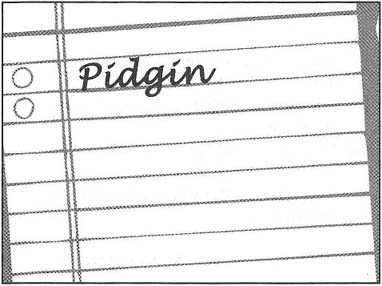

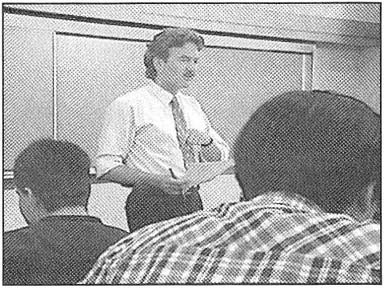
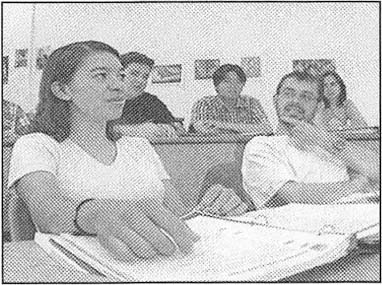
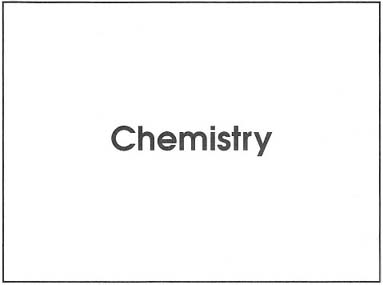
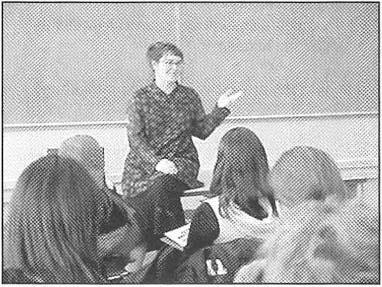


 深色:已答题 浅色:未答题
深色:已答题 浅色:未答题
